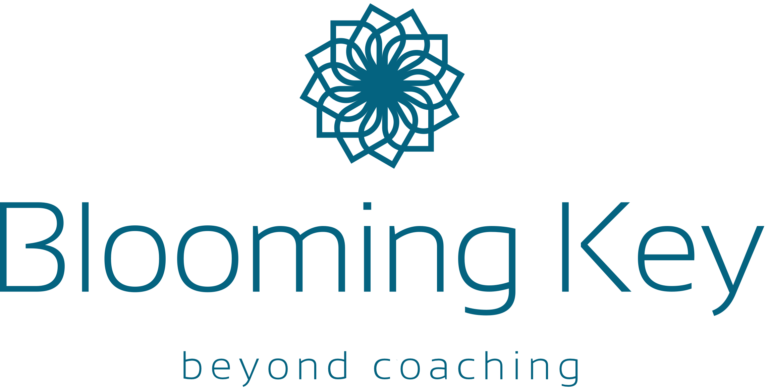Dealing with anger and fear in children can feel like navigating a minefield. Does your child seem angrier than usual or are you struggling to understand why they are acting fearful? Sometimes it can be really difficult to know exactly what is going on with your child, especially if communication is at an all-time low. In most cases, anger in children tends to stem from internal fear that lies hidden deep within.
When dealing with anger and fear in children , it is best to approach the situation with compassion and understanding for the difficulties your child may be going through. Always remember to respond in a supportive and solution-focused manner.
Here are a few things that you can do to alleviate the situation:
Have some control over the aggressiveness
One way to keep a check on aggressive behavior is to simply be accepting and empathize with the child so that they learn that it is alright to experience such emotions. Approaching the situation with compassion and understanding for the difficulties the child may be facing is effective in creating calmness and will result in toning down the aggressiveness.
Acknowledge your child’s emotions
You must control your feelings first so that you can begin to calm your child. When you have your emotions under control, you need to acknowledge your child’s feelings so that they can begin to calm down. The goal here is to make your child feel safe enough to experience vulnerable emotions such as anger and fear.
Looking at solutions
Once you are on the same page as your child, you can begin to constructively solve the problem. When the solution is constructively and positively dealt with, the child will learn how to handle similar issues in the future. The main idea behind this is to ensure that the situation is not repeated, by adopting a helpful and compassionate attitude.
Lastly, remember that it helps to stay calm and not try to be overbearing when dealing with anger and fear in children. The last thing your child needs is to deal with a parent who is constantly checking and questioning them. Being a present and caring parent goes a long way in building a positive relationship with them.






